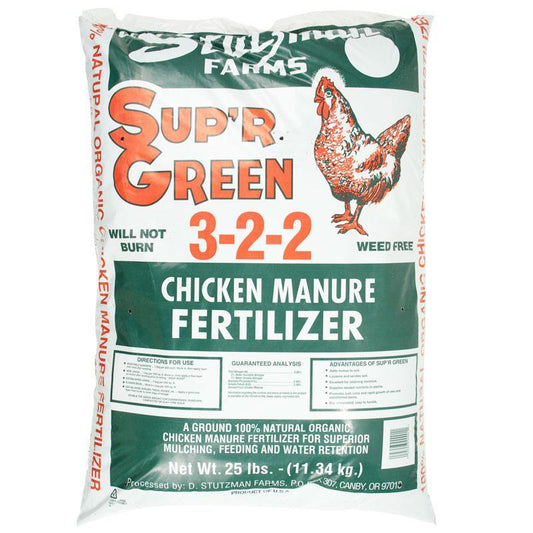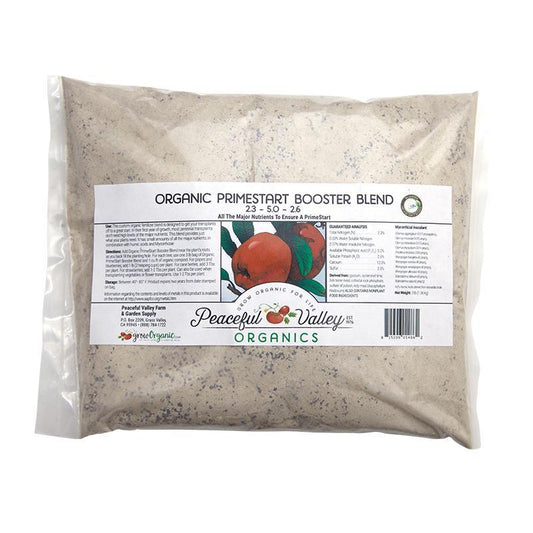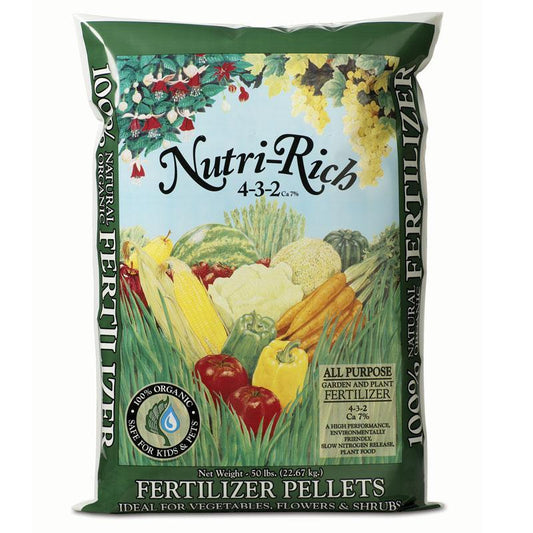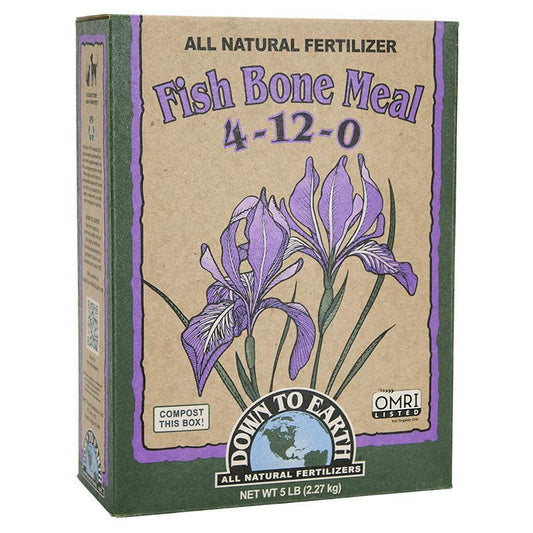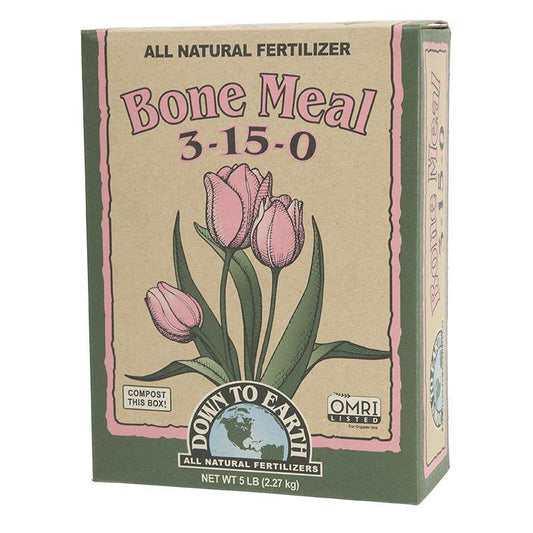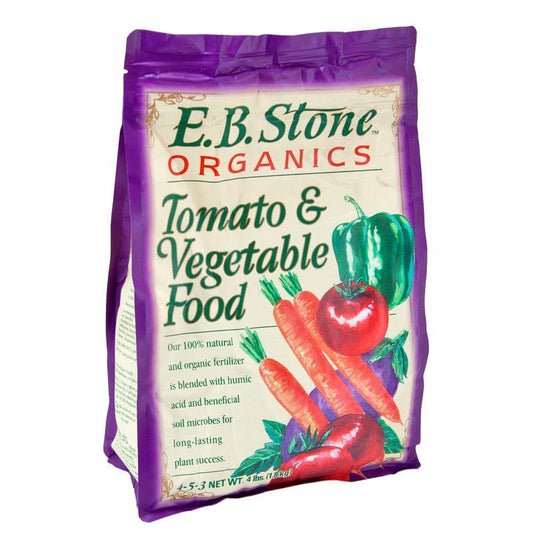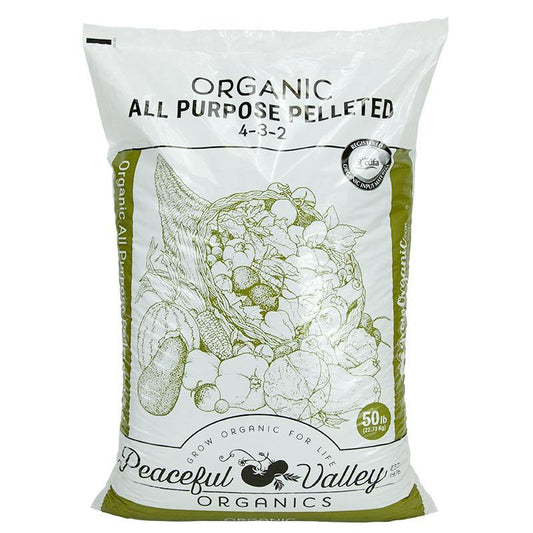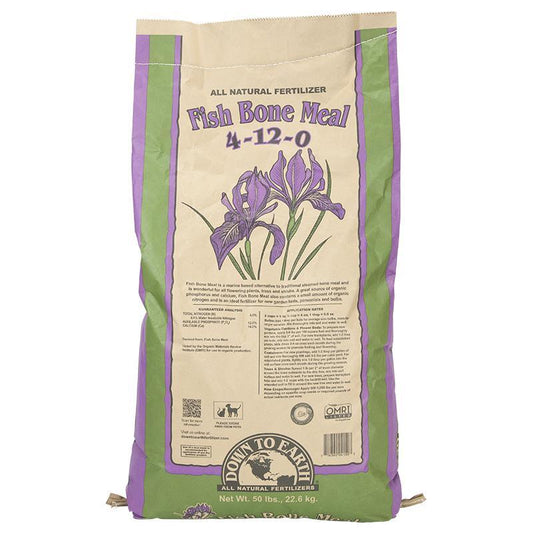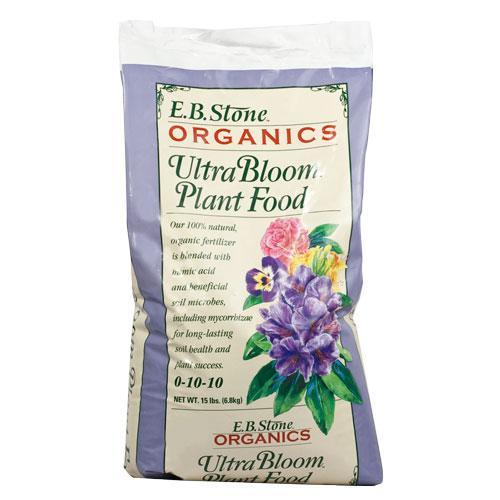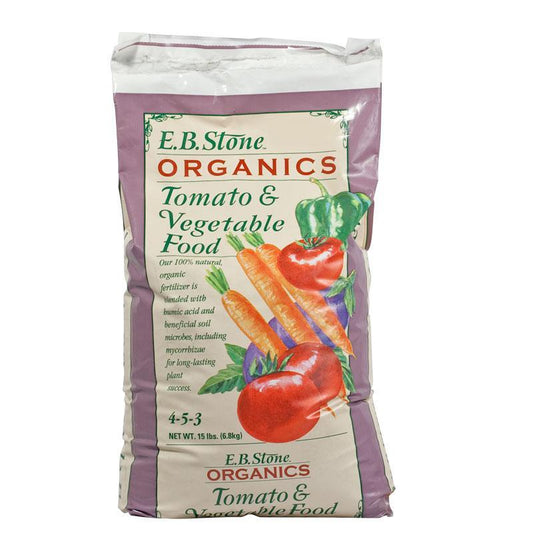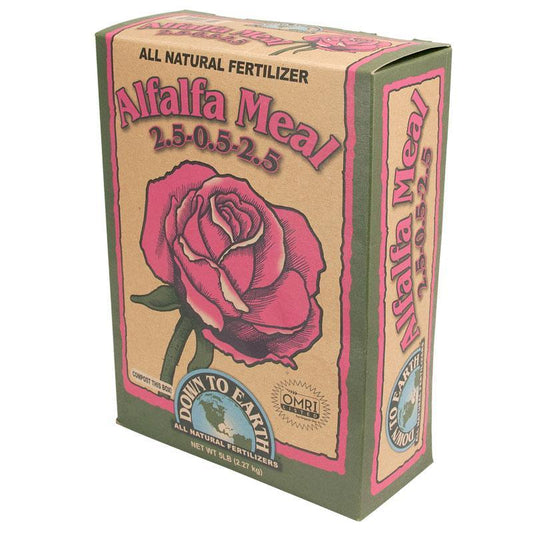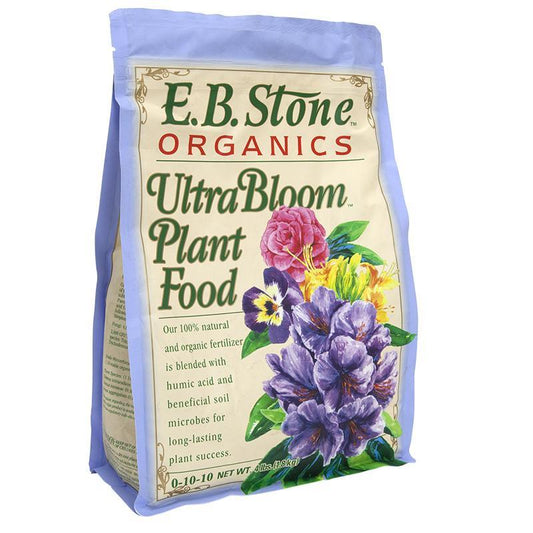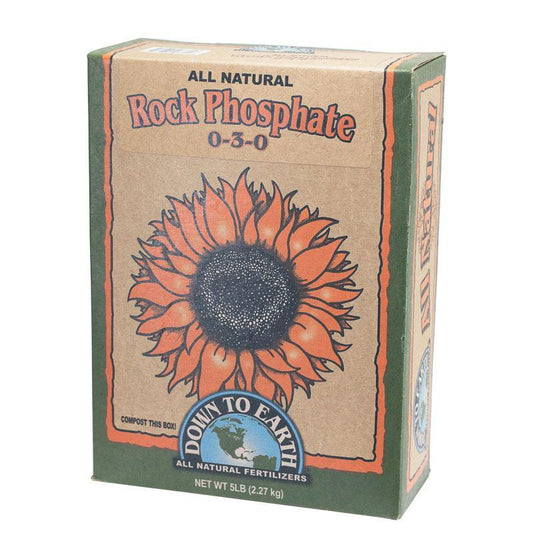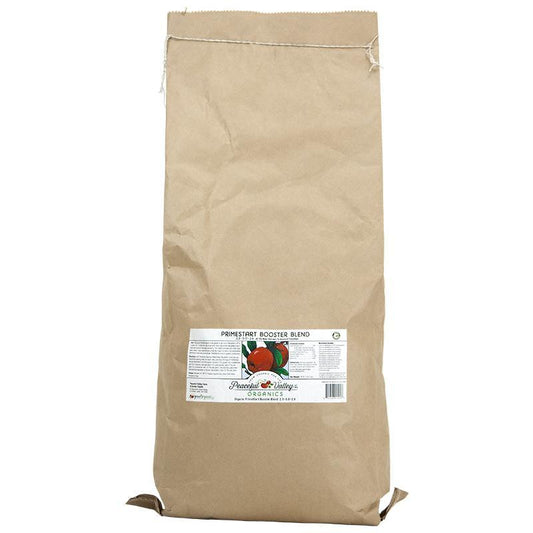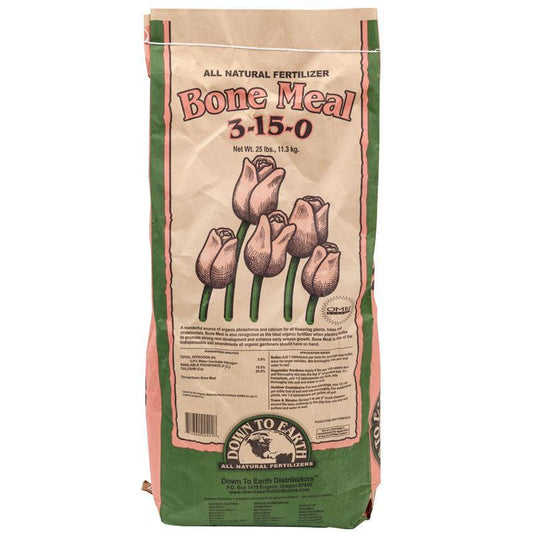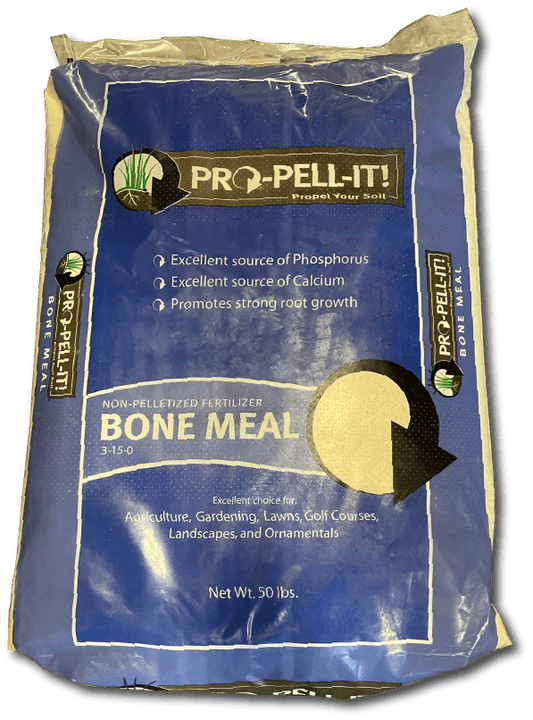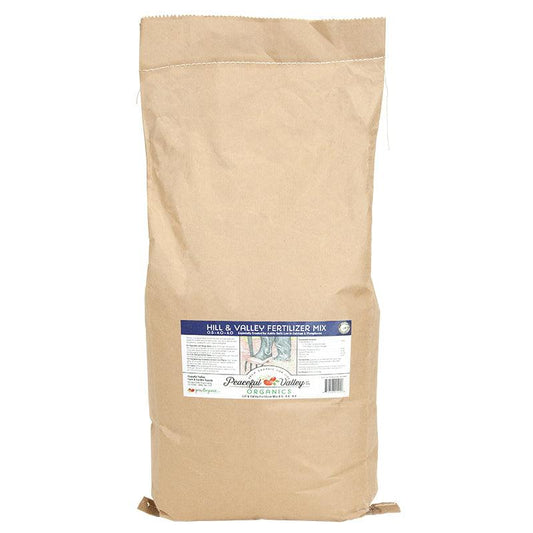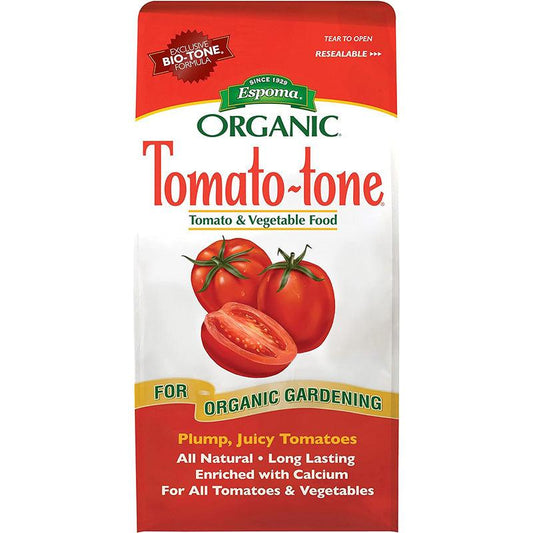Collection: Calcium Rich Fertilizers
Calcium Fertilizers for Healthy Plant Growth
Calcium is an essential nutrient for plant growth and development. It is vital in cell wall structure, root development, and overall plant health. Various calcium fertilizers are available on the market to ensure your plants receive an adequate supply of calcium.
Why Calcium Matters
Calcium is a crucial element that plants need to thrive. It serves several essential functions in plant biology, including:
-
Cell Wall Structure: Calcium is a primary component of plant cell walls. It strengthens cell walls, making them more rigid and resistant to diseases and pests.
-
Nutrient Uptake: Calcium plays a role in nutrient uptake by plants. It helps regulate the movement of other essential nutrients through the plant's vascular system.
-
pH Regulation: Calcium also helps maintain the pH balance in the soil, ensuring that it remains suitable for plant growth. It can help neutralize soil acidity and improve nutrient availability.
Types of Calcium Fertilizers
Various calcium fertilizers are available, each with unique properties and applications. Some of the most common types include:
-
Calcium Carbonate: Calcium carbonate, often found in powdered or granular form, is an excellent source of calcium for soil amendment. It can help raise soil pH, making it ideal for plants that thrive in more alkaline conditions.
-
Calcium Nitrate: Calcium nitrate is a water-soluble fertilizer that provides calcium in a readily available form. It is often used for foliar applications and can be quickly absorbed by plants.
-
Gypsum: Gypsum, or calcium sulfate, is a natural source of calcium and sulfur. It helps improve soil structure, especially in clay soils and enhances water infiltration.
-
Lime: Lime is another soil conditioner that contains calcium in the form of calcium carbonate or calcium hydroxide. It is commonly used to raise soil pH and reduce soil acidity.
Benefits of Using Calcium Fertilizers
Incorporating calcium fertilizers into your gardening routine offers several benefits:
-
Enhanced Plant Growth: Calcium promotes strong cell walls and root development, leading to healthier and more robust plants.
-
Disease Resistance: Strong cell walls make plants less susceptible to diseases and pests.
-
Improved Nutrient Uptake: Proper calcium levels in the soil ensure that other essential nutrients are readily available to plants.
-
Enhanced Soil Structure: Calcium-rich soil conditioners like gypsum and lime improve soil structure, leading to better water retention and drainage.
Application Tips
To make the most of calcium fertilizers, consider the following application tips:
-
Soil Testing: Before applying calcium fertilizers, conduct a soil test to determine your soil's current calcium levels and pH. This will help you determine the appropriate amount of calcium fertilizer needed.
-
Timing: Apply calcium fertilizers during the planting or growing season. This ensures that plants have access to calcium when they need it most.
-
Proper Mixing: Follow the manufacturer's instructions for mixing and applying calcium fertilizers. Ensure even distribution in the soil to prevent localized imbalances.
-
Monitor pH Levels: Regularly monitor the pH levels of your soil to ensure that it remains within the desired range for your plants.
Calcium fertilizers are indispensable tools for promoting healthy plant growth and maximizing crop yields. Whether you choose calcium carbonate, calcium nitrate, gypsum, or lime, incorporating these calcium sources into your gardening practices can lead to stronger, more disease-resistant plants with improved nutrient uptake. Remember to perform soil tests and follow recommended application guidelines to optimize the benefits of calcium fertilizers in your garden.
To know how much calcium your soil needs, a soil analysis is the best solution.



